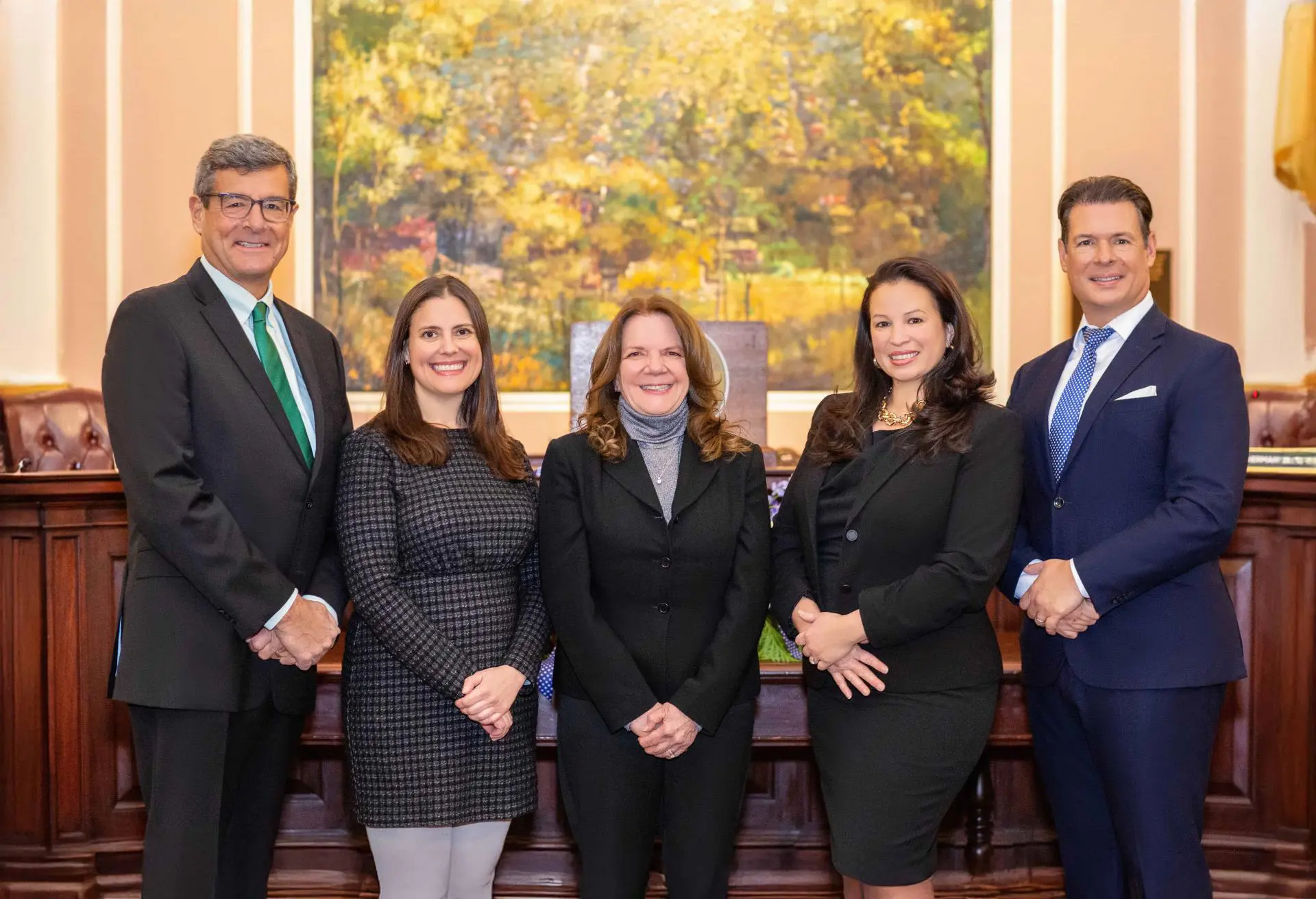A U.S. attorney issued a warning to Green Theory, a medical marijuana dispensary in Washington, D.C., claiming it may be violating federal law. In a letter dated April 25, 2025, Edward R. Martin Jr., the U.S. attorney for the District of Columbia, indicated that the dispensary could face prosecution from the Justice Department under the Trump administration.
The letter highlighted specific concerns about the dispensary’s proximity to several schools, including Our Lady of Victory Catholic School and Little Ivies preschool, noting that federal law imposes stricter penalties for dispensaries located within 1,000 feet of educational institutions. Martin stated, “Your dispensary appears to be operating in violation of federal law,” which allows the Department of Justice to enforce regulations even in states where medical marijuana is permitted.
Martin requested a response from Green Theory by May 12, seeking clarification on three points: 1. Awareness of federal laws regarding dispensary locations near schools. 2. Any discussions with federal authorities about these issues. 3. Documentation proving compliance with federal laws.
The letter also underscored the seriousness of the alleged violations, stating that they are intended to protect children. Green Theory is co-owned by Johnathan Crandall, Robert Martin, and Ian Tsang.
Green Theory has faced criticism from local residents and child safety advocates due to its location near multiple schools. Jackie Puente, a member of the advocacy group 1,000 Feet, which focuses on establishing drug-free zones around schools, expressed concerns about the dispensary’s operations, saying, “It sounds like an awesome business, just not in a corridor of so many young children.”
Historically, Green Theory transitioned from operating as a non-regulated “gifting shop” to become a licensed medical marijuana provider. At one point, the dispensary planned to allow on-site marijuana consumption, inspired by Amsterdam’s coffee shop culture. However, co-founder Martin stated that the business no longer intends to permit on-site use.
D.C. regulations require dispensaries to be at least 300 feet away from schools, although areas zoned for commercial use can sometimes include schools. The Alcoholic Beverage and Cannabis Administration (ABCA) of the District has argued that federal law does not impede its medical marijuana program, which it claims has been reviewed and approved by Congress.
The ABCA acknowledged the complexities of federal laws, including the Rohrabacher–Farr amendment, which protects state medical marijuana programs from federal interference. This amendment prevents the Justice Department from using funds to obstruct states with legal medical marijuana from executing their own laws.
Despite these protections, the Justice Department’s recent actions raise questions about its enforcement priorities under the current administration. The letter from U.S. Attorney Martin adds to the ongoing debate surrounding cannabis policy in the nation’s capital, especially given the recent federal budget discussions and the White House’s stance on local marijuana regulations.
In a related context, the White House recently criticized D.C.’s decriminalization of marijuana as a “failed” policy, suggesting it has contributed to disorder in the area. Although the executive order issued by Trump did not explicitly mention marijuana, it called for increased coordination between federal and local law enforcement to address drug-related issues.
Currently, while recreational cannabis possession and personal cultivation are legal in D.C., commercial sales remain prohibited due to ongoing congressional restrictions. This has led local officials to push for expansions within the existing medical marijuana framework as a workaround.
The ongoing situation with Green Theory illustrates the tension between state-approved cannabis operations and federal regulations, raising concerns for dispensaries operating in close proximity to schools and other sensitive areas.

